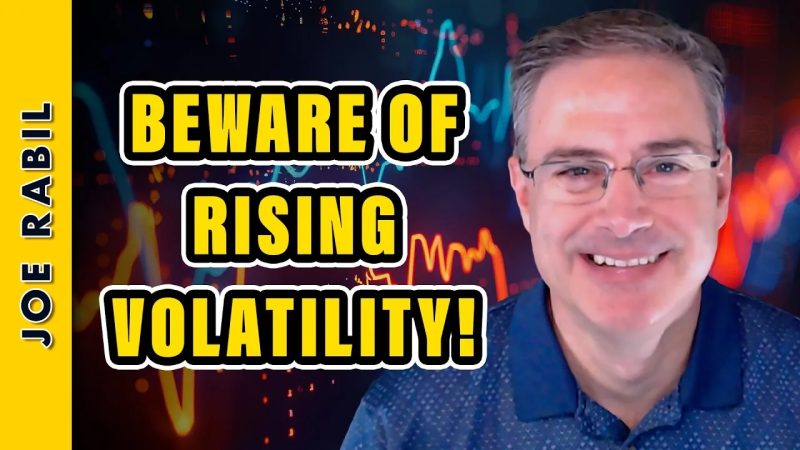In the world of finance and investing, volatility is a term that often sparks both intrigue and concern among market participants. The recent increase in market volatility has set the stage for a dynamic landscape where investors must navigate the turbulent waters with caution and strategic planning.
While volatility can create uncertainty and anxiety for investors, it can also present opportunities for those who are prepared to capitalize on market fluctuations. Understanding what rising volatility means for the current market is crucial for developing sound investment strategies and managing risk effectively.
One of the key implications of rising volatility is the potential for increased fluctuations in asset prices. Volatile markets tend to experience sharper price movements, creating challenges for investors who may struggle to anticipate and react to sudden changes. In such environments, it is essential for investors to remain vigilant and stay informed about market conditions to make informed decisions.
Moreover, rising volatility can also impact market sentiment and investor behavior. Fear and uncertainty often drive market participants to make hasty decisions, leading to panic selling or irrational trading patterns. It is important for investors to maintain a disciplined approach and avoid emotional decision-making during periods of heightened volatility.
Furthermore, volatility can have implications for portfolio diversification and risk management. As asset prices become more erratic, traditional diversification strategies may become less effective in cushioning portfolio losses. Investors should consider alternative risk management techniques, such as using derivatives or hedging strategies, to protect their investments during volatile market conditions.
In addition, rising volatility can offer opportunities for active traders and speculators to capitalize on short-term price movements. Traders who are adept at technical analysis and market timing may utilize volatility to generate profits through strategic trading strategies, such as swing trading or momentum trading.
Overall, it is crucial for investors to adapt to changing market conditions and develop a proactive approach to managing volatility. By staying informed, maintaining a disciplined investment strategy, and leveraging risk management techniques, investors can navigate through turbulent markets and potentially capitalize on opportunities presented by rising volatility.
In conclusion, while rising volatility may present challenges and uncertainties for investors, it also offers opportunities for those who are able to anticipate and exploit market fluctuations. By understanding the implications of volatility on the current market, investors can position themselves to make informed decisions and navigate through turbulent times with confidence and resilience.
